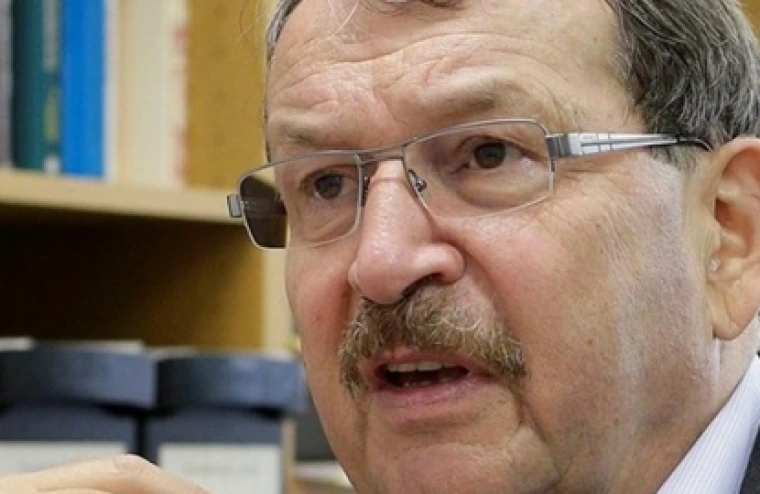Kaspar von Greyerz is one of the most prominent historians of early modern Europe and a pioneer in considering cultural shifts during the period 1500-1800. The current lecture focuses on the relationship between knowledge derived from traditions and from individual experience, and the new science during the so-called Scientific Revolution. Von Greyerz asks whether elite ideas sank down the social scale in bits and pieces, or whether in fact knowledge did not derive from a combination of upward and downward movement. He will argue physico-theology from the 1680s onwards took a combined top-down and bottom-up approach, and will defend the epistemological status of early modern religion within the history of knowledge. He will use the Ulm architect and engineer Joseph Furttenbach (1591-1667) as an example, concluding with an analysis of the genre of observationes in late medieval and early modern medicine.
Kaspar von Greyerz is Professor of Early Modern European History and Dean of the Faculty of Philosophy and History at the Universityof Basel, Switzerland.
Presented by the UA Medieval, Renaissance, and Reformation Committee.


